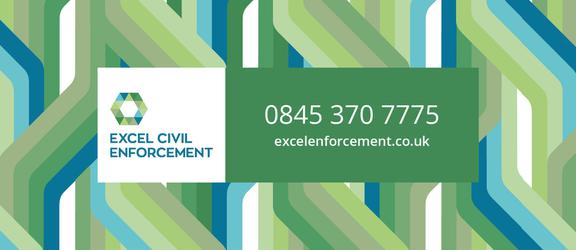Breathing space

Breathing space has been introduced to help those in debt. It will freeze interest payments and suspend enforcement action for individuals for a specific timeframe.
There are two types of breathing space: standard and mental health crisis.
Standard breathing space
This is available to individuals with problem debt. It gives them 60 days’ space from any action, including enforcement action and contact from the creditor. The period of 60 days’ breathing space also freezes any interest charges.
Debtors will be able to access the breathing space just once within a twelve-month period.
Mental health crisis breathing space
The mental health crisis breathing space is not limited to a specific time period but lasts the duration of the individual’s treatment plus an additional 30 days. There is no limit on access to the mental health breathing space; it can be used whenever an individual is in mental health crisis.
When it applies
Breathing space is being introduced from May 4th, 2021
Breathing space can only be initiated by:
- A local authority
- A debt advice provider authorised by the FCA to provide debt counselling
The impact of breathing space
The Government has forecast that:
- 700,000 people will be helped by breathing space in the first year, rising in time to over a million a year
- 25,000 – 50,000 a year are expected to receive a breathing space via a specific route designed to support those in mental health crisis treatment
The full impact assessment can be viewed here, and it comes with the caveat that this was a pre-COVID-19 assessment, so the actual figures will likely differ.
What action needs to be taken by the creditor or claimant
There is a responsibility for a claimant/creditor to inform the HCEO or enforcement agent that they have been served with a breathing space notice.
Once an enforcement agent has been served by a breathing space notice, this will also suspend any enforcement action against that debtor by another creditor. The enforcement agent is responsible for updating their records and ensuring that any other live cases against the debtor are suspended.
Suspended enforcement activities
During the breathing space period, enforcement agents will not be able to:
- Contact the debtor
- Give notice of enforcement
- Obtain a warrant or writ
- Take control of goods
- Visit the debtor’s home or business
- Serve notice of property possession
- Take possession of property
Sell any of the debtor’s goods, unless the agent took them before the breathing space started
If an enforcement agent has taken control of any goods by removing them and securing them elsewhere before a breathing space started, the goods may be sold during the breathing space and the costs of the sale deducted from the proceeds. However, fees accrued during the breathing space for storage of those goods cannot be charged either during the breathing space, or after it ends
Debt types covered by breathing space
- Credit cards
- Store cards
- Personal loans
- Pay day loans
- Overdrafts
- Utility bill arrears
- Mortgage or rent arrears
- Government debt such as council tax
- Debt owed by an individual to a business or another individual
Debt not covered
Any business or commercial debt is not covered by breathing space if the debt only relates to the business and not the debtor personally.
Here are some useful Links
Debt Respite Scheme (Breathing Space) guidance for creditors - GOV.UK (www.gov.uk)
Breathing Space to help millions in debt - GOV.UK (www.gov.uk)



